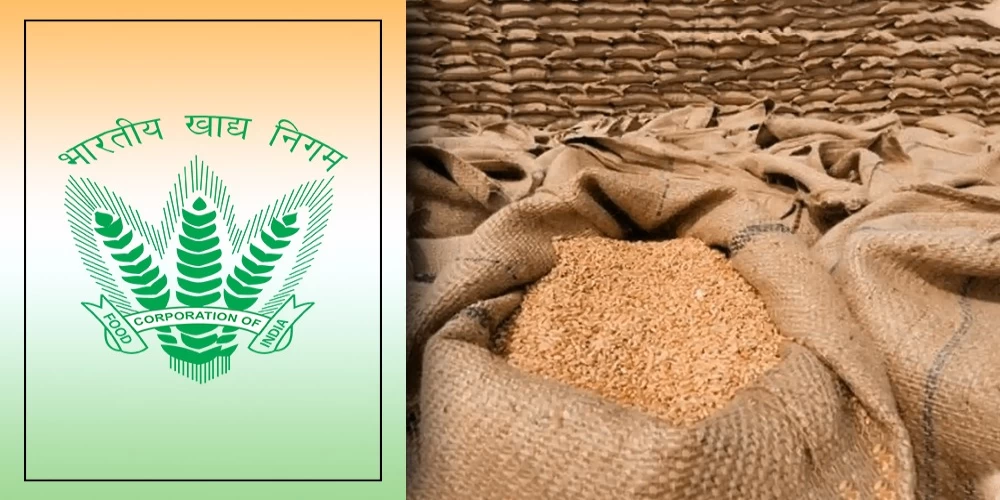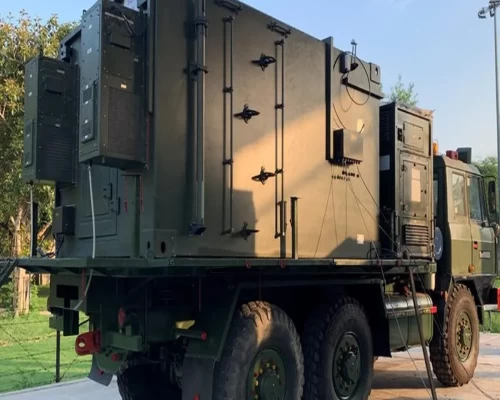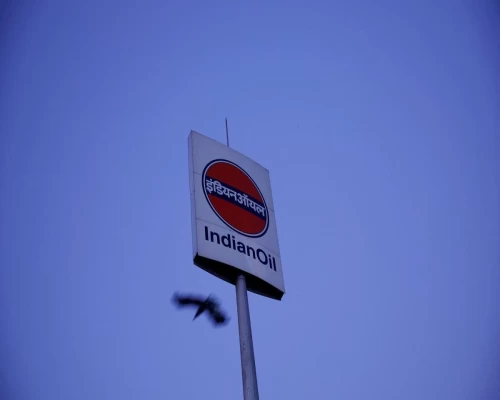
Delhi: In a major effort to enhance food security and streamline India’s grain supply chain, the Food Corporation of India (FCI) has developed a series of cutting-edge silo projects under the Public-Private Partnership (PPP) model. These projects, a part of the Department of Food and Public Distribution’s 100-day achievements, mark a significant step in modernising the storage and transportation of essential commodities across the country.
Six new silo facilities, each with a storage capacity of 50,000 metric tonnes, are now fully operational. The silos, located in key regions such as Bihar, Punjab, and Gujarat, have been developed on Design, Build, Finance, Own & Operate (DBFOO) or Design, Build, Finance, Operate & Transfer (DBFOT) models, attracting private investments to strengthen FCI's infrastructure.
Among these is the Darbhanga Silo Project in Bihar, developed by Adani Agri Logistics, with its dedicated railway siding enabling efficient grain transportation. Similarly, the Samastipur Silo Project, also in Bihar, was completed in May 2024 and is now fully operational. In Punjab, the Sahnewal Silo in Ludhiana and the Chheheratta Silo in Amritsar, both developed under the DBFOT model, are contributing to better grain storage and preservation for the region’s farmers. The Baroda Silo Project in Gujarat and the Batala Silo in Gurdaspur, Punjab, have further expanded FCI's storage capabilities.
These silos are equipped with advanced technology, including mechanised systems for bulk handling, loading, and unloading, which reduce operational costs and enhance efficiency. The integration of road and rail transport links ensures seamless movement of grains, reducing losses and improving overall grain preservation.
By increasing storage capacity and improving grain quality control, these projects reflect FCI's commitment to ensuring food security and reducing wastage through modern infrastructure. The silo projects are expected to play a key role in supporting India's farmers by providing enhanced procurement and storage facilities across the regions.
BI Bureau
Also read:












